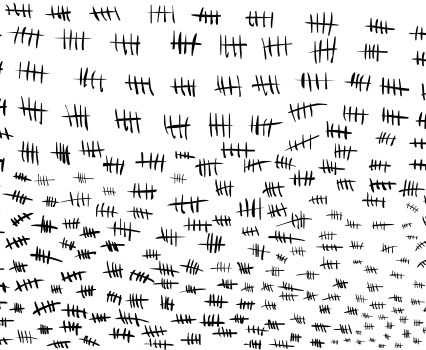To print this article, all you need is to be registered or login on Mondaq.com.
In the ongoing case of Inmar Brand Solutions, Inc. v.
Quotient Technology Inc., the district court was tasked
with conducting an analysis under the Supreme Court’s
two-step test in Alice Corp. v. CLS Bank
International to determine whether Inmar’s patented
coupon-processing system, exclusively licensed from Intelligent
Clearing Network, Inc. (ICN), was entitled to patent protection.
Under the Alice framework, the district court
must first ascertain whether claims are directed towards
patent-ineligible subject matter, such as abstract ideas. If so,
the district court proceeds to the second step, wherein it
evaluates whether the claims contain an inventive concept that
transforms the abstract idea into a patent-eligible
application.
Quotient contends that the patents asserted by Inmar are invalid
and directed towards a patent-ineligible abstract idea: namely the
processing of coupons on a remote server. According to Quotient,
the claims lack an inventive concept and merely recite generic
computer components.
Inmar opposes this characterization, and contends that the
claims represent an improved coupon processing architecture that
significantly reduces fraud and cannot be accomplished by
humans.
As explained by the district court, the primary concern
underlying this argument is the concept of preemption, which aims
to prevent the granting of a monopoly over an abstract idea that
could impede innovation. While the Supreme Court
in Alice did not provide precise contours for
what constitutes an abstract idea, subsequent Federal Circuit
decisions have shed light on this issue.
An abstract idea is at issue when the claimed advance is
“a method of organizing human
activity.” Alice, 573 U.S. at 220. A telltale
sign of abstraction is when claimed functions are mental processes
that can be performed using only human cognition or simple tools
like pencil and paper. For instance, a poll-based networking system
that connects users based on similarities determined through poll
answering was deemed abstract because it did not improve existing
technology and did not require specialized computer components.
The district court further explained that not all systems that
automate tasks previously performed by humans necessarily fall into
the abstract idea category. For example, a patent directed to an
improved system for washing jet engines was held to be non-abstract
because it provided technical improvements over prior art
systems.
Inmar emphasizes that its patents are directed towards a
specific arrangement and operation of computer systems for coupon
clearing, leading to tangible improvements in efficiency, security,
and speed.
In its ruling, the district court acknowledges the validity of
Quotient’s concerns regarding preemption and the potential
stifling of innovation. Nonetheless, the district court concludes
that Inmar’s patents do not fall within the realm of abstract
ideas. Instead, they represent a significant technological
advancement in coupon processing.
For that reason, the district court did not proceed to step two
of Alice and denied the motion to dismiss.
Inmar Brand Solutions, Inc. v. Quotient Technology
Inc., No. 23-994, Civ. Act. (D. Del. Apr. 18, 2024)
The content of this article is intended to provide a general
guide to the subject matter. Specialist advice should be sought
about your specific circumstances.
POPULAR ARTICLES ON: Intellectual Property from United States
#Inmar #Brand #Solutions #Quotient #Technology #District #Court #Denies #Quotients #Motion #Dismiss #Step #Alice #Patent











